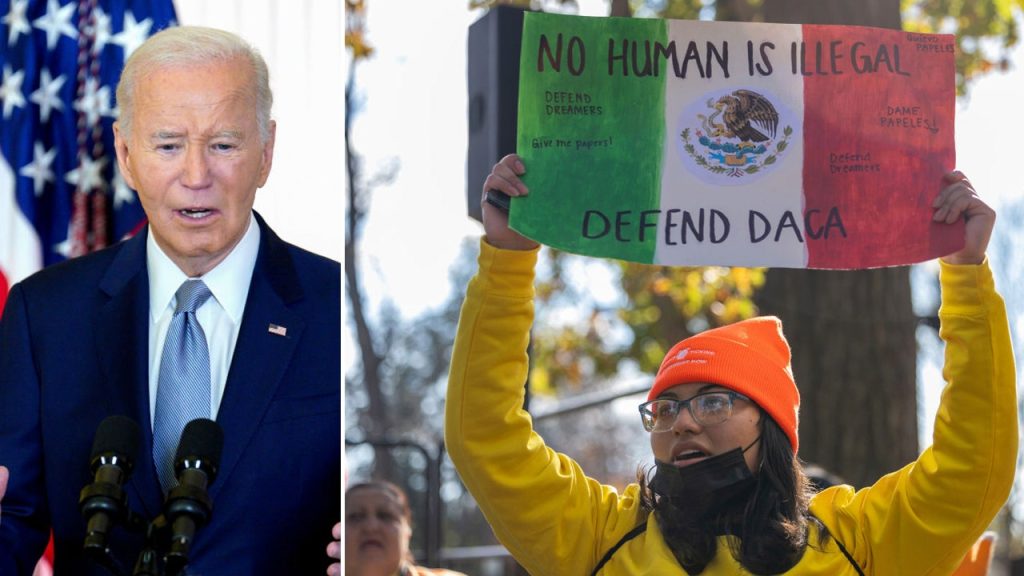The future of the Deferred Action for Childhood Arrivals (DACA) program, which provides temporary protection from deportation and work permits to undocumented immigrants brought to the United States as children, hangs in the balance following a recent ruling by the 5th U.S. Circuit Court of Appeals. The court upheld a lower court’s decision that deemed the 2022 iteration of DACA, implemented by the Biden administration, unlawful. This decision throws the program, and the lives of hundreds of thousands of “Dreamers,” into renewed uncertainty, potentially paving the way for another Supreme Court showdown.
The legal battle surrounding DACA is a protracted saga spanning over a decade, filled with legislative inaction, executive orders, and court challenges. Initially introduced by President Obama in 2012 as a stopgap measure due to Congressional gridlock on immigration reform, DACA has faced consistent opposition from certain states and political factions who argue it exceeds executive authority. The program has been a political football, subjected to repeated attempts to rescind it, leading to a volatile and unpredictable environment for DACA recipients. The current ruling adds another layer of complexity, further delaying a permanent resolution for Dreamers.
The 5th Circuit’s decision centers on the argument that DACA, in its current form, represents an overreach of presidential power. While acknowledging the humanitarian concerns and the plight of Dreamers, the court maintained that the program’s creation and implementation should be the purview of Congress, not the executive branch. This echoes previous legal challenges to the program, underscoring the fundamental disagreement over the scope of presidential authority in immigration matters. The court’s unanimous decision, comprised of both Republican and Democrat-appointed judges, adds weight to the ruling and potentially signals the program’s vulnerability in higher courts.
While the immediate impact of the ruling is limited, leaving current DACA recipients’ protections intact, it bars the acceptance of new applications. This leaves a significant population of eligible individuals in limbo, unable to access the program’s benefits and living under the constant threat of deportation. Moreover, the decision creates an avenue for the case to be appealed to the Supreme Court, setting the stage for a potential third review of DACA by the nation’s highest court. The Supreme Court has previously weighed in on DACA, delivering mixed verdicts, adding an element of unpredictability to the program’s ultimate fate.
The timing of this ruling is particularly significant given the shifting political landscape. With a new presidential administration on the horizon and potential changes in the composition of the Supreme Court, the future of DACA is increasingly uncertain. The incoming administration’s stance on immigration and DACA will undoubtedly play a critical role in shaping the legal strategy and the program’s long-term prospects. The political climate, coupled with the ongoing legal challenges, creates a precarious situation for Dreamers, who face a future riddled with uncertainty and anxiety.
The DACA saga underscores the deep divisions within the United States regarding immigration policy. It highlights the human cost of political gridlock and the precariousness of executive actions in addressing complex social issues. The future of DACA remains uncertain, leaving hundreds of thousands of Dreamers in a state of legal and emotional limbo, their lives and futures hanging in the balance as the legal and political battles continue. The need for a comprehensive, legislative solution to the immigration conundrum, one that addresses the status of Dreamers and provides a pathway to citizenship, becomes increasingly urgent. Until such a solution is reached, the lives and futures of Dreamers remain at the mercy of court decisions and political whims.



